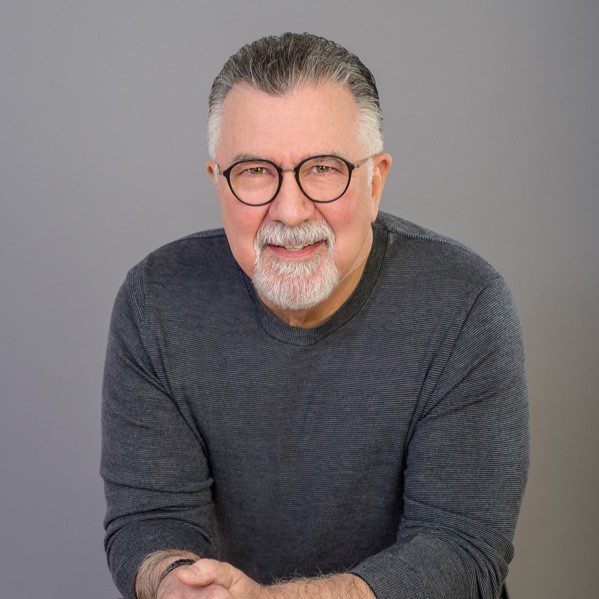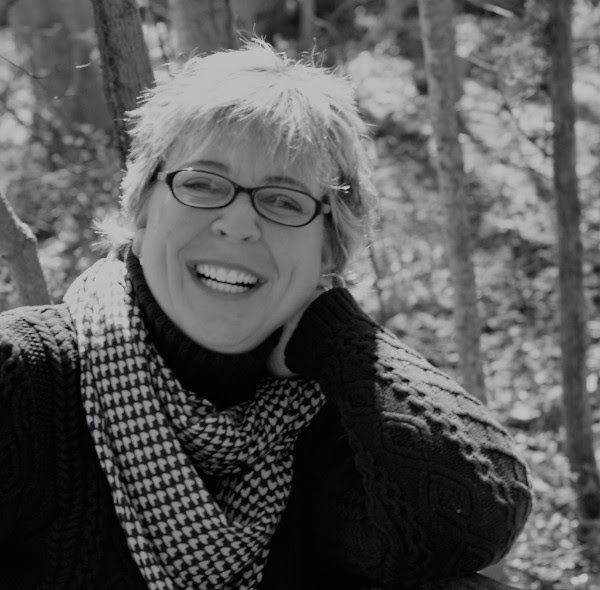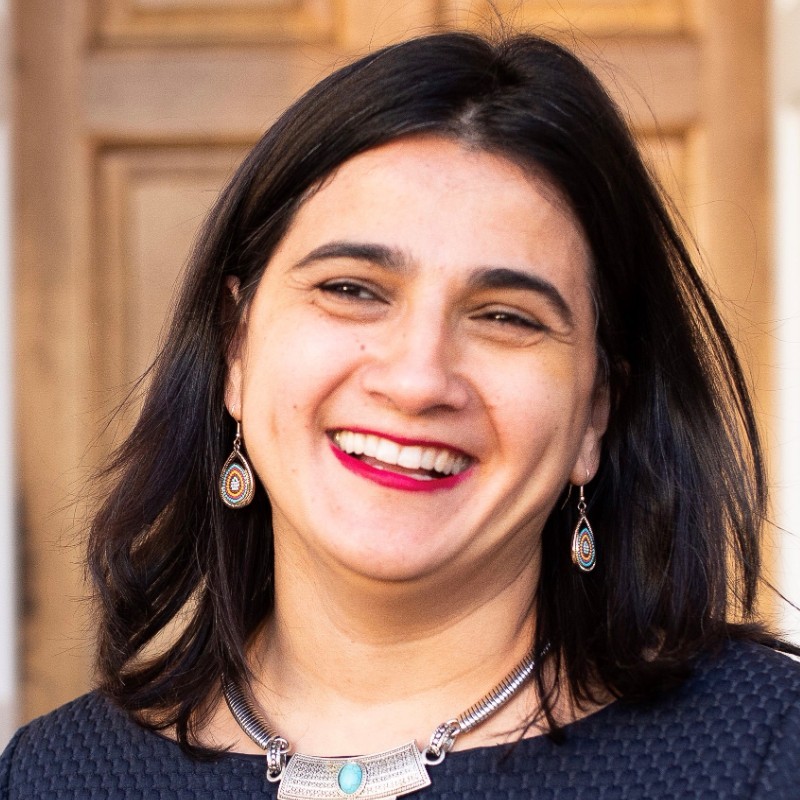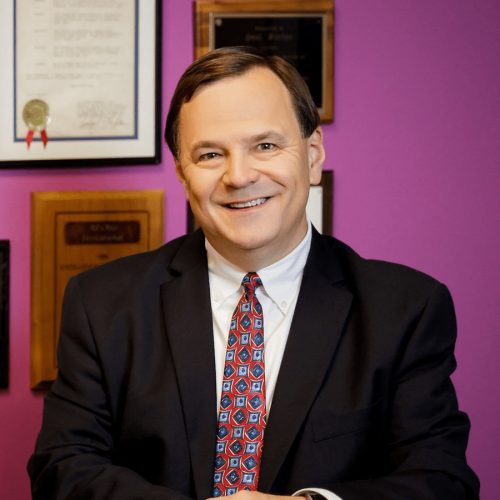The Christmas Spirit

Just like our story, the original Christmas tales were stories of searching, not so much for the lost, as for the familiar. Mary and Joseph sought in Bethlehem — the home of their familial ancestry — a place to start their own family; the three kings from the East journeyed beneath the sentinel star to find the King of Kings; and the shepherds sought a child in a place most familiar to them: a manger. (Richard Paul Evans, Finding Noel)
Last year, Anne and I attended a Christmas gathering at the home of some friends, Ron and Nancy. Their dining room was gloriously appointed with Christmas trimmings — ornaments, figurines, candles. Those of us gathered at their table were festive. But there was nothing superficial about our celebrating. Rather, I could feel we were united in reverence for the occasion that brought us together. After Ron formally toasted the occasion, I addressed him and Nancy since they were, as Charles Dickens put it in A Christmas Carol, the Founders of the Feast:
“It’s been quite some time since I’ve felt the proverbial Christmas spirit. But I feel it now. It’s not that you’ve decorated your home so beautifully and prepared this meal so lovingly and served us so graciously. It’s that you’ve invited us here to share this occasion so generously and so genuinely in the Spirit of this Season. Thank you.”
I wasn’t aware of Finding Noel at that time. But when I read it, I knew Richard Paul Evans was correct. I don’t believe the appeal of Christmas — the universal draw of the Christmas story, the existential significance of Jesus — has anything to do with any particular holiday observance or any particular religious faith or dogma.
Rather, I believe the Christmas spirit — the universal appeal of the Christmas story — is primal and mythological. I don’t confuse myth here with fallacy. I don’t mean to suggest there’s anything arbitrary, superficial, false, or fabricated about it. On the contrary, I believe it to be inherent, a priori, as Sir James Joseph Frazer indicates in The Golden Bough, and as Jesse L. Weston indicates in From Ritual to Romance. Along those lines, this is how Joseph Campbell expresses the same reality:
It has always been the prime function of mythology and rite to supply the symbols that carry the human spirit forward, in counteraction to those other constant human fantasies that tend to tie it back. In fact, it may very well be that the high incidence of neuroticism amongst ourselves follows from the decline among us to such effective spiritual aid. We remain fixated to the unexorcised images of our infancy, and hence disinclined to the necessary passages of our adulthood … there is even a pathos of inverted emphasis: the goal is not to grow old, but to remain young … [but] looking back at what had promised to be our own unique, unpredictable, and dangerous adventure, all we find in the end is such a series of standard metamorphoses as men and woman have undergone in every quarter of the world, in all recorded centuries, and under every odd disguise of civilization. (The Hero With a Thousand Faces)
I don’t care whatever it is you celebrate this time of year. I don’t care what you call it. I don’t even care if you use it to separate yourself from those who celebrate differently from you because they call it something other than what you call it. I do care, though, that you feel it.
If you feel it, you won’t feel the need to name it, to claim it, to use it. You’ll only feel its draw, its sanctity, its grace, and its power within you, as Campbell also suggested here:
God is within you. You yourself are your creator. If you find that place in yourself from which you brought this thing about, you will be able to live with it and affirm it, perhaps even enjoy it, as your life … All the gods, all the heavens, all the hells, are within you. Gods suppressed become devils, and often it is these devils whom we first encounter when we turn inward. (Thou Art That: Transforming Religious Metaphor)
May you celebrate the blessings of the Season. May you recognize your own. And may you hear the bells.
Originally Published on https://www.bizcatalyst360.com/category/lifecolumns/notes-to-self/

























